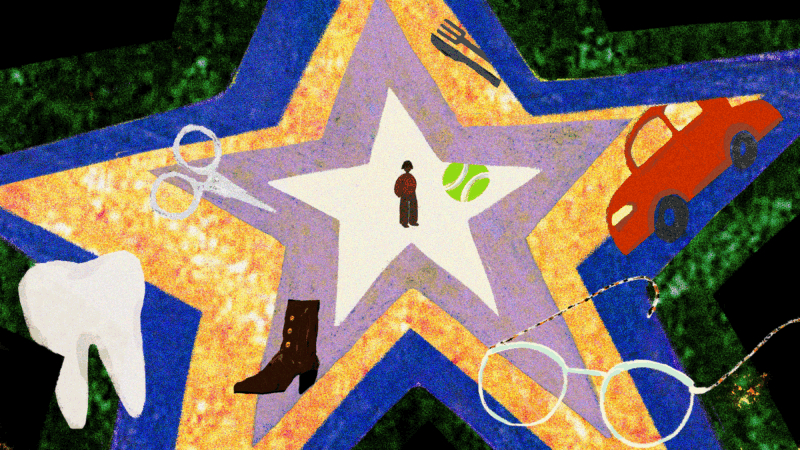Books about race and gender to be returned to school libraries on some military bases
A federal judge ordered the Department of Defense Monday to return books about gender and race back to five school libraries on military bases.
In April, 12 students at schools on military bases in Virginia, Kentucky, Italy and Japan claimed their First Amendment rights had been violated when nearly 600 books were removed from the Department of Defense Education Activity (DoDEA) schools they attend. The students are the children of active duty service members ranging from pre-K to 11th grade.
The American Civil Liberties Union, the ACLU of Kentucky, and the ACLU of Virginia filed a motion on behalf of the families requesting the return of “all books and curriculum already quarantined or removed based on potential violation of the Executive Orders.”
Earlier this year, President Trump issued executive orders demanding federal agencies remove and prohibit any materials that promote “gender ideology and discriminatory equity ideology.”
In January, Secretary of Defense Pete Hegseth issued the memoranda “Restoring America’s Fighting Force,” which prohibited “instruction on Critical Race Theory (CRT), DEI, or gender ideology,” and “Identity Months Dead at DoD,” which barred using official resources for celebrations such as Black History Month, Women’s History Month and Asian American and Pacific Islander Heritage Month.
According to the plaintiffs, DoDEA officials sent emails directing teachers to remove books and cancel lesson plans and events that would be in violation of Trump’s executive orders and Hegseth’s guidance.
Books removed from school libraries at military bases covered such topics as sexual identity, racism and LGBTQ pride. You can see a list of the books here.
Two elementary schools cancelled Black History Month events, teachers at a middle school were told to remove posters of education activist Malala Yousafzai and painter Frida Kahlo and another school cancelled Holocaust Remembrance Day.
According to the motion filed by the ACLU, the students claimed that when they protested the school’s actions, they were punished and became “increasingly afraid to discuss race and gender in their classrooms, because they fear being silenced by teachers fearful of violating the EOs and DoDEA guidance.”
In her decision, U.S. District Court Judge Patricia Tolliver Giles sided with the students and their families, writing that “the removals were not rooted in pedagogical concerns” but rather there was “improper partisan motivation underlying [defendants’] actions.” Giles wrote that DOD officials must “immediately restore the books and curricular materials that have been removed.”
The Department of Defense and the Department of Defense Education Activity (DoDEA) have not yet responded to NPR’s request for comment.
Why farmers in California are backing a giant solar farm
Many farmers have had to fallow land as a state law comes into effect limiting their access to water. There's now a push to develop some of that land… into solar farms.
Tariffs cost American shoppers. They’re unlikely to get that money back
After the Supreme Court declared the emergency tariffs illegal, the refund process will be messy and will go to businesses first.
Can’t get a prescription renewed? Here’s how to cope with prior authorizations
These health care hurdles can stand in the way of getting treatment your doctor says you need. Here's what to know about how to deal with them.
‘Get back to integrity’: Oklahoma’s Kevin Stitt on Republicans after Trump
NPR's Steve Inskeep asks Oklahoma Gov. Kevin Stitt about his spat with President Trump, immigration and the future of the Republican Party.
Civil rights leaders say the racial progress Jesse Jackson fought for is under threat
Activists say racial progress won by the Rev. Jesse Jackson is under threat, as a new generation of leaders works to preserve hard-fought civil rights gains.
Every business wants your review. What’s with the feedback frenzy?
Customers want to read reviews and businesses need reviews to attract customers. But the constant demand for reviews could be creating a feedback backlash, experts say.






